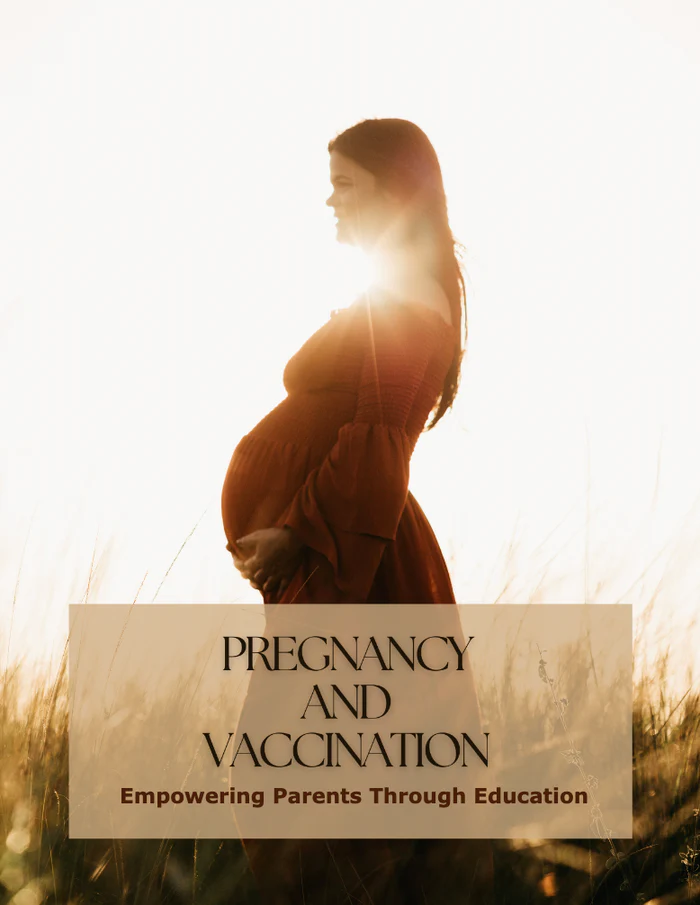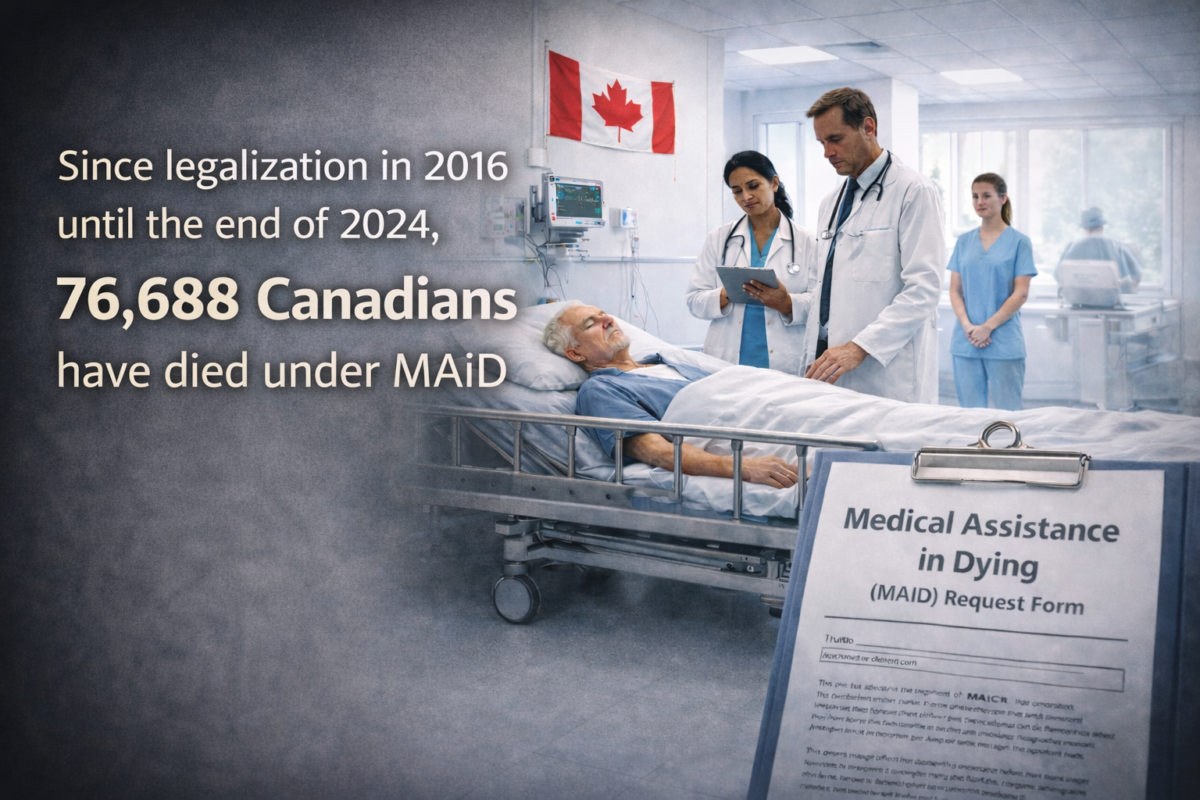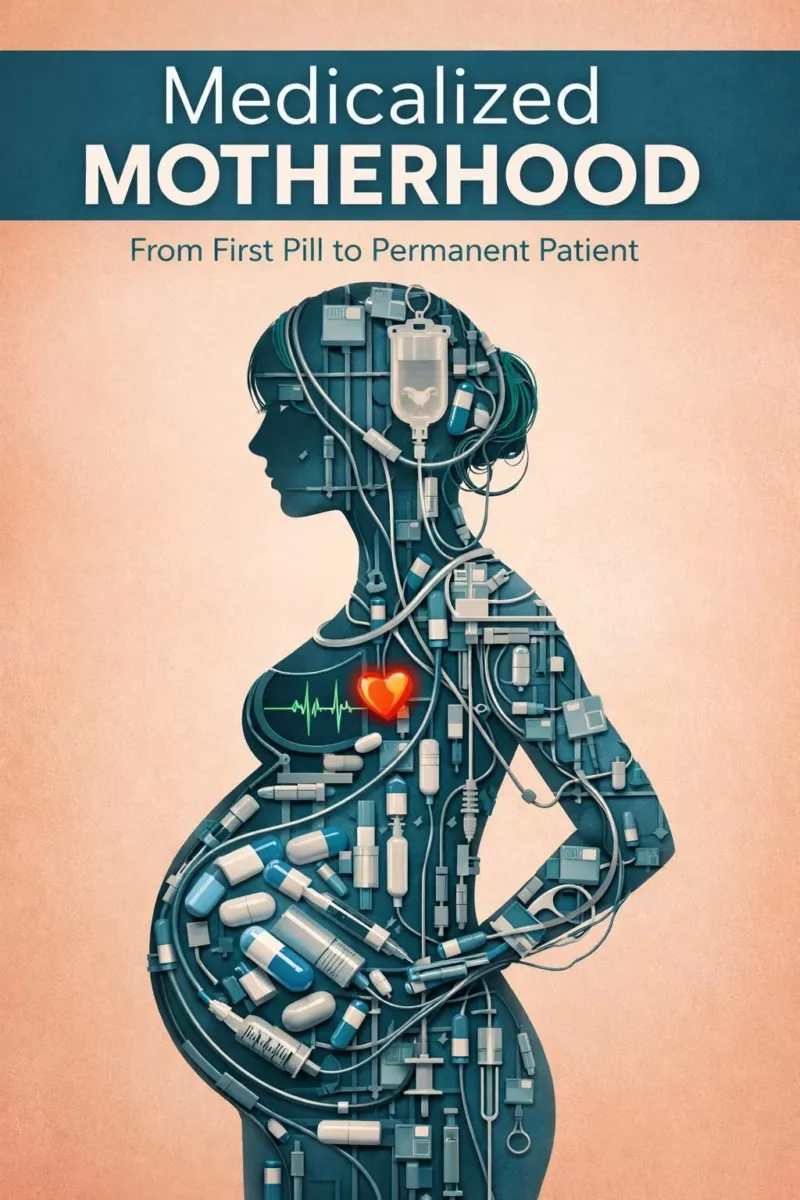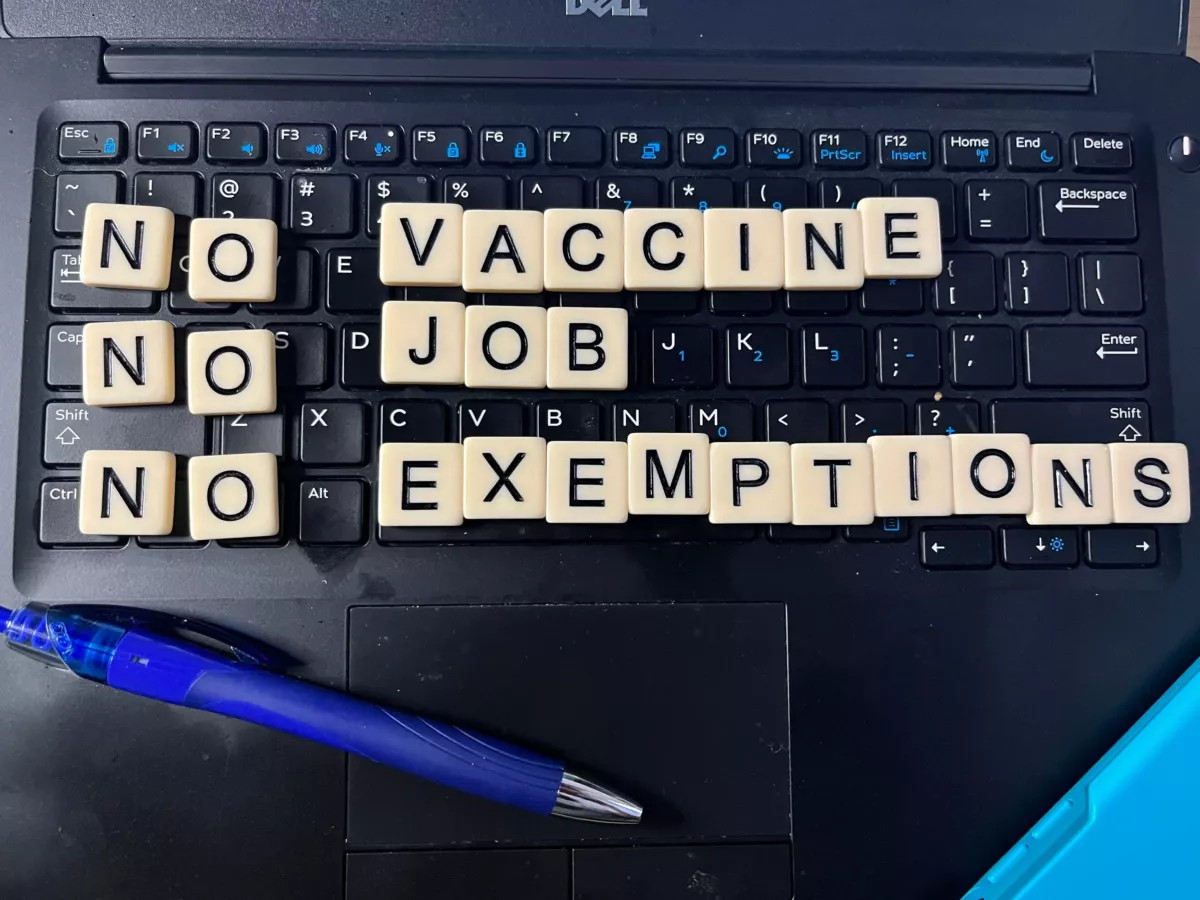Pregnancy and Vaccination
The following is an excerpt from the new book produced by Vaccine Choice Canada. The book is intended for soon-to-be parents to assist them with their vaccination decisions during pregnancy.
Pregnancy is a sacred time. Expecting mothers understand the importance of taking precautions to ensure a healthy and safe pregnancy by avoiding anything that may affect the health of their unborn child. The commonly accepted wisdom is that our unborn are extremely vulnerable to toxic exposure, even in small quantities. Something as innocuous as an aspirin is to be avoided.
The “Golden Rule of Pregnancy” is that pregnancy is a time to err on the side of caution. Expecting mothers understand the importance of avoiding all unnecessary medications, given the lack of evidence of safety for the unborn. This precautionary principle was reinforced by the thalidomide tragedy in the 1950s, which resulted in an estimated 20,000 children born with severe deformities and 80,000 miscarriages. Thalidomide was promoted for morning sickness.
A far greater tragedy was diethylstilbestrol (DES), which was responsible for multi-generational harm. DES is a synthetic form of the female hormone estrogen prescribed to pregnant women between 1940 and 1971 to prevent miscarriage, premature labour, and related complications of pregnancy. Both of these medications were deemed “safe and effective” during pregnancy. A similar claim is made about vaccines.
It is critical that soon-to-be mothers and fathers understand that vaccination is a medical procedure which is designed to permanently alter the natural immune response. Vaccination is not a temporary intervention like an aspirin or cough remedy. Its effects are lifelong.
From Sacred to Seven
Prior to 1997, pregnancy was a sacred time. Vaccines and other drugs were actively discouraged. In 1997, the medical profession shifted away from conventional wisdom and the ‘precautionary principle’ and began to aggressively promote the influenza vaccine for pregnant women. They claimed, without the benefit of clinical evidence, the vaccine was “safe and effective.”
In 2010, Health Canada and medical trade organizations began encouraging all pregnant women to take the Tdap vaccine (tetanus-diphtheria-pertussis) as a prevention against pertussis (whooping cough). This in spite of the fact the vaccine does not prevent infection or transmission of pertussis, and there is no evidence of safety for the unborn child.
Today, pregnant women are being encouraged to take the COVID-19 and RSV (Respiratory Syncytial Virus) vaccines. Hep B is also encouraged for women testing positive for Hepatitis B. The Hep B vaccine is also given to infants on their first day of life in some provinces. All these products are marketed as “safe and effective” without any safety studies specific to pregnancy and the unborn.
A woman who follows Health Canada’s recommendations could receive seven (7) or more vaccines during her pregnancy.
Vaccine manufacturers clearly state in their product information monographs that the safety and effectiveness of their products “has not been established in pregnant women or nursing mothers.” If vaccine manufacturers were to make the claim of safety for pregnant women and their babies, as does Health Canada, they would be liable for fraud.
It appears Health Canada has no such standards to comply with. The claims of safety by Health Canada are unsubstantiated and Health Canada takes no responsibility for injury and death caused by the use of these products. Thus, it is parents who will bear the full responsibility if a vaccine during pregnancy harms their child.
Almost all modern diseases have their origin in a disturbed immune system. Few drugs disrupt the immune system as intensively as do vaccines. It is critical that parents understand the consequences of this medical intervention and the risks involved when making this decision.
The 2020 Control Group Study examined the health outcomes of vaccinated vs unvaccinated individuals in the United States. Their study concluded that the best health outcomes occurred in individuals who had no exposure to childhood vaccines, vitamin K, and no maternal vaccines.
Responsible parents today actively research the safety of strollers, car seats, cribs, foods, and other items in their effort to keep their child safe. We encourage parents to exercise the same due diligence with the vaccine decision and with any medical procedure that requires the injection of a toxic or foreign substance into their child.
Vaccination may be the most critical decision you will make as a parent. We encourage you to exercise due diligence when making this decision. This is one decision that cannot be undone.
If you would like to order Pregnancy and Vaccination, please visit uptoeveryone.com/collections/books
Explore More...














Don’t lose touch with uncensored news! Join our mailing list today.